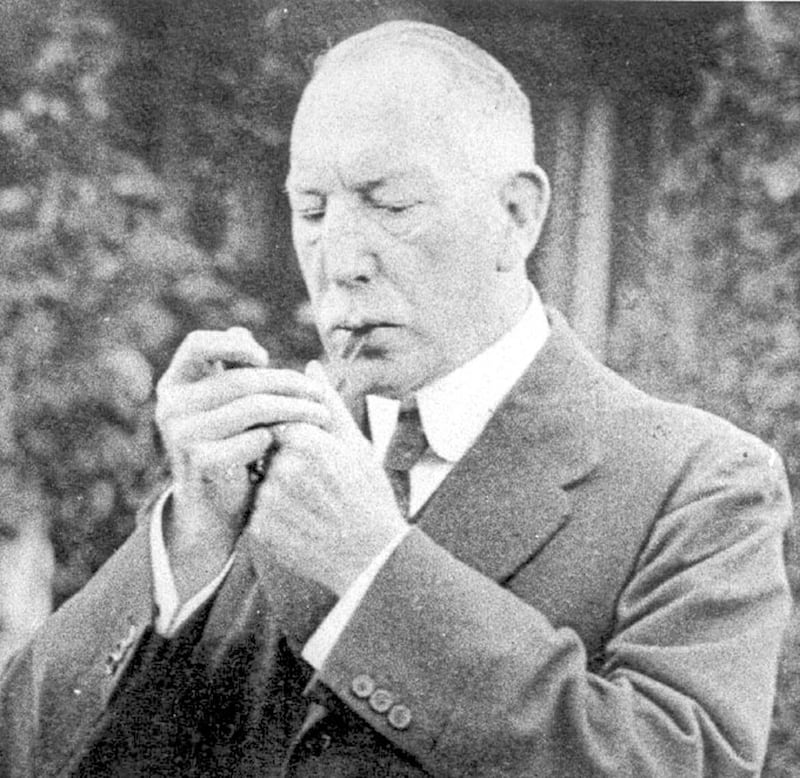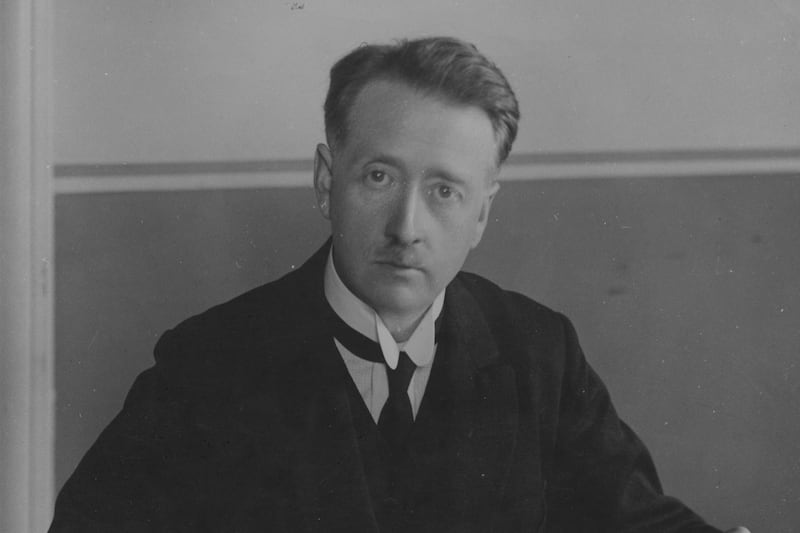October 10 1923
The Mayor Dome of the Papal Household has received instructions to exclude from the Vatican ladies who are perfumed.
The reason given is that the Pope [Pius XI] is susceptible to headaches, and perfumes have a deleterious effect upon him.
In future, therefore, Mgr Marinaggi is required to make sure that no ladies with perfume about them are admitted to the presence of his Holiness.

Six Counties Helplessly in Hands of British Government
The Six Counties are tied to Great Britain; financially, they are helplessly in the hands of the British Government – and the familiar remark that monetary affairs in the Twenty-Six Counties are also in a deplorable mess does not affect the position here… When the government of the Free State tackle their unemployment problem, they must depend on their own resources, and they have untrammelled and unlimited powers in the direction of utilising these resources to the best advantage – or to the worst. No such power rests with the Six Counties government.
Sir James Craig and his colleagues control only a small fraction of the revenues raised in Belfast and its hinterland away to the furthest corner of Fermanagh. They must plead for “grants” and beg for “remissions”. If the “grants” were not forthcoming and if the British Treasury retained £7,920,000 of the Six Counties’ money secured by British tax-collectors from the proceeds of income and corporation profits taxation, customs and excise duties, and other sources of revenue, enough would scarcely be left to pay the salaries and establishment expenses of ministers, MPs, 1,260 officials of all grades, and the general cost of governmental machinery.
Therefore nothing, apart from the efforts made by local public boards at the expense of the burthened ratepayers, can be done towards the relief of unemployment by the hampered Northern Ministry, and workless people in the north-east are directly concerned with the results of the British agitation against the British Government’s inertia – for if something is done on a large scale across the channel, a “grant” may find its way to Stormont. So far the British Government have done nothing commensurate with the gravity and urgency of the situation.
An Irish News editorial on Northern Ireland’s limited governance compared to the Free State, and how dependent the north is on the British government, who pay it little heed.
Air Travel for All?
When, a year ago, it was proved that an aeroplane, absolutely without motive power of its own, relying upon such air currents as its pilot found, could rise, manoeuvre, and remain for many hours in the air, covering considerable distances at a fair rate of speed, it became clear that aviation had entered upon a new phase. It was no longer essential that an engine of high power and of great weight should be used, making a great expanse of wings and a heavy structure necessary.
Air travel’s potential for the future is pondered as great strides are made in the nascent aviation industry.








